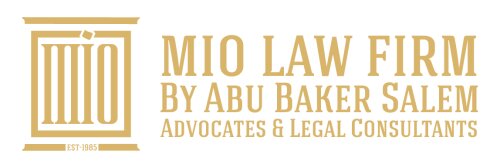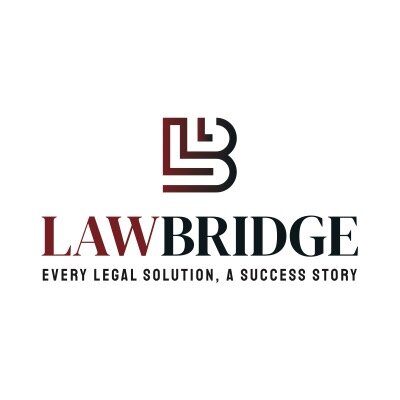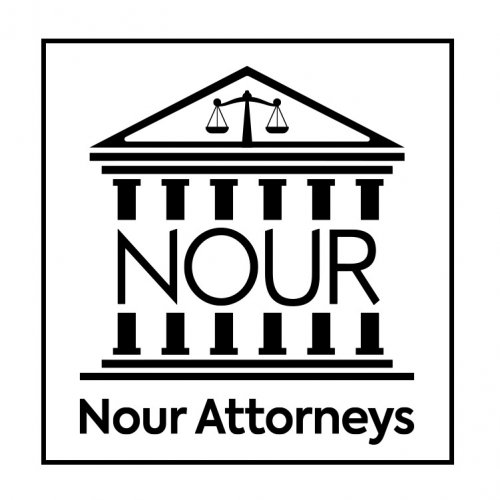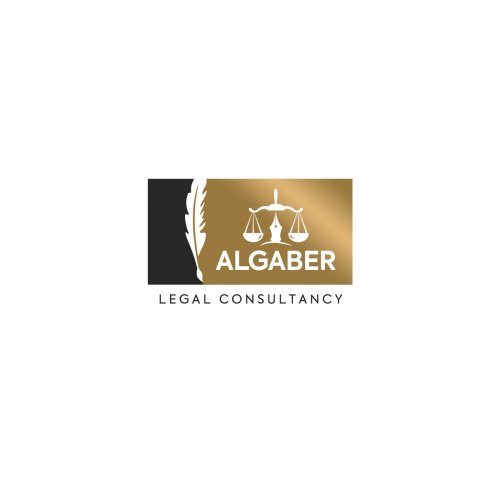Best Premises Liability Lawyers in Dubai
Share your needs with us, get contacted by law firms.
Free. Takes 2 min.
List of the best lawyers in Dubai, United Arab Emirates
About Premises Liability Law in Dubai, United Arab Emirates
Premises Liability in Dubai is part of the UAE’s civil law that deals with incidences where injury or damages are caused due to the negligence of a property owner, occupier, or manager. The law stipulates that those in possession of property, whether residential, commercial or public space, have a duty of care towards anyone who is lawfully present on the premise. If these persons fail to uphold reasonable care over the condition of the premises, resulting in an injury, they may be held liable.
Why You May Need a Lawyer
Engaging a lawyer is essential when navigating through premises liability cases due to the complexities involved. Instances where you may need a lawyer include when you suffer injury or damages due to poor maintenance of a property, inadequate security, poor construction or hazardous conditions. A lawyer will assist you in proving negligence of the property owner, manager or occupier, understanding the local laws, time limits for filing claims, calculating damages and representing you before the court or in settlement negotiations.
Local Laws Overview
According to the UAE Civil Code, a property owner or occupier has an obligation to ensure their property is safe and free from hazards. If one fails to maintain their property leading to an injury, then they could be liable for damages and compensation according to Article 282 and 293 of the UAE Civil Code. Additionally, UAE's Civil Transactions Law under Article 124 also covers aspects of liability, specifically when a defect in the property causes harm.
Frequently Asked Questions
What is the statute of limitations for Premises Liability lawsuits in Dubai?
The statute of limitations for most personal injury lawsuits in Dubai, including premises liability claims, is generally three years from the date of injury.
What do you have to prove in a premises liability claim?
To succeed in a premises liability claim, one typically needs to prove that the property owner or occupier was negligent, they owed a duty of care, they breached that duty, and that the breach of duty caused harm or injury.
Can a tenant be held liable in a premises liability claim?
In some circumstances, a tenant can be held liable if an injury was due to their negligence or failure to maintain property entrusted to them by the owner.
Can I make a claim if I was injured on public property?
Yes, claims can be made if you were injured on public property due to negligence. However, claims against public entities can have stricter requirements and shorter time limitations.
Can a trespasser make a premises liability claim?
While the laws are tougher on trespassers, a claim could be feasible if the property owner intentionally created the hazardous condition that led to the injury.
Additional Resources
You might seek advice from the Dubai Land Department or the Real Estate Regulatory Agency (RERA) for property related concerns. For personal injury and general law queries, the Dubai Courts or UAE Ministry of Justice may be useful resources.
Next Steps
If you believe you have a valid premises liability claim, the first step is often speaking with an attorney specialized in premises liability law in UAE. They can provide legal advice, assist with putting together your case, and represent you in court proceedings or settlement negotiations. Keeping a record of any evidence related to your case, such as medical reports, photographs of the hazard, and any communication with the property owner is also crucial.
Lawzana helps you find the best lawyers and law firms in Dubai through a curated and pre-screened list of qualified legal professionals. Our platform offers rankings and detailed profiles of attorneys and law firms, allowing you to compare based on practice areas, including Premises Liability, experience, and client feedback.
Each profile includes a description of the firm's areas of practice, client reviews, team members and partners, year of establishment, spoken languages, office locations, contact information, social media presence, and any published articles or resources. Most firms on our platform speak English and are experienced in both local and international legal matters.
Get a quote from top-rated law firms in Dubai, United Arab Emirates — quickly, securely, and without unnecessary hassle.
Disclaimer:
The information provided on this page is for general informational purposes only and does not constitute legal advice. While we strive to ensure the accuracy and relevance of the content, legal information may change over time, and interpretations of the law can vary. You should always consult with a qualified legal professional for advice specific to your situation.
We disclaim all liability for actions taken or not taken based on the content of this page. If you believe any information is incorrect or outdated, please contact us, and we will review and update it where appropriate.

















